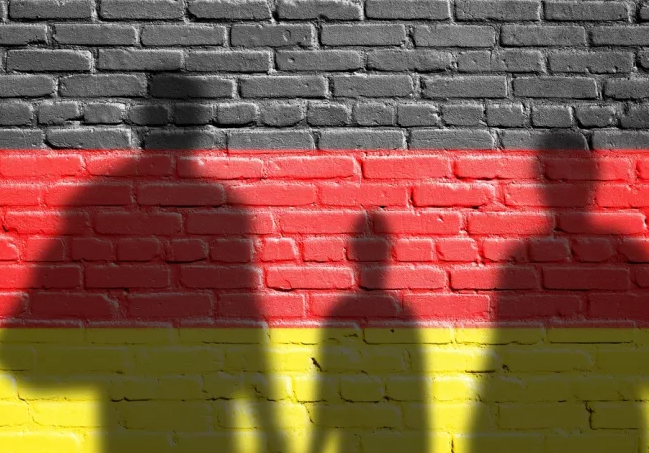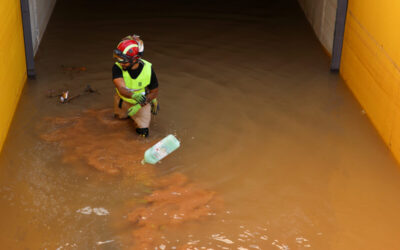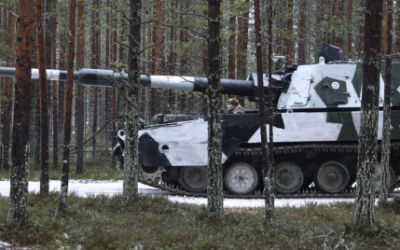The six contracts for the third Axis (Axis 3) of the “National Microsatellite Program,” between the European Space Agency (ESA) and…

Immigration and Islamist threat measures are in place in Germany, with controls at all land borders.
Specifically, from today, the travel documents of those traveling to Germany by car, bus, or train from five neighboring “Schengen countries” will be checked: France, Belgium, the Netherlands, Luxembourg, and Denmark.
Similar controls are already in place at the borders with Poland, the Czech Republic, Switzerland, and Austria, thanks to which, according to the interior ministry of SPD leader Nancy Feser, 30,000 people who had no right to enter the country have already been turned away.
According to a report by the public network WDR, based on information from the Federal Police, the checks will be carried out on a sample basis, temporarily and at random points that will change.
Every person attempting to cross the border will be able to be checked. That is why those moving across borders should be able to show the necessary travel documents at any time.
Also, vehicle control is not excluded.
Also read: Greece – Turkey | Three-point agreement on immigration
This decision by Germany, a country located in the heart of Europe and sharing a common border with nine countries, has already caused reactions within Europe and fears that other countries will follow this example.
Polish Prime Minister Donald Tusk described the imposition of border controls as unacceptable and said that his government would proceed with urgent consultations with the countries adversely affected.
The Austrian government has made it clear that it will not accept immigrants who are not accepted in Germany.
At the same time, the powerful police union sends an SOS and declares that it has shortages in personnel as well as financial resources and that it will be pressed to carry out lengthy border controls.
However, the Minister of the Interior has assured that there will be no queues and waiting, she assures, responding to the concern of workers who move between Germany and neighboring countries, some even daily, but also of transport companies who may be faced with additional checks and delays.
Howbeit, border towns, such as on the border with the Netherlands, Belgium, or France, are worried about possible problems in the daily lives of citizens since their cross-border movements for shopping, refueling, or medical appointments are part of the common coexistence at the border.
Also read: Lebanon | Commitments for immigration after Christodoulidis’ visit
READ MORE
Von der Leyen | Proposal for the creation of a European Civil Defence Mechanism
The European Commission’s President Ursula von der Leyen called for the launch of a European Civil Defence Mechanism, speaking about…
Flooding in Spain | 7,500 soldiers on the streets
King Felipe VI and Prime Minister Pedro Sanchez are expected to visit southeastern Spain today, 3/11/2024, where unprecedented…
THEON International | New orders amounting to €74 million having already exceeded €150 million in the 4th trimester
THEON INTERNATIONAL PLC (THEON) announced additional orders for the month of November. As a result of the…
UN | Iran has increased uranium enrichment to near weapons-grade levels
Iran has further increased its stockpile of uranium enriched to near weapons-grade levels, defying international pressure, according to…
Brazil | Arrests of military and police officers for plotting the assassination of President Lula
Brazilian police have arrested five officers accused of plotting a coup which included plans to overthrow the government following the…
Sweden | Leaflets with survival instructions in the midst of the Ukrainian crisis
Sweden started sending out five million leaflets to the country’s residents yesterday, urging them to prepare for a possible conflict…
Ukraine | The first ATACMS strike on Russian soil took place
The Ukrainian armed forces carried out their first strike on a border area within Russian territory with an ATACMS missile.
Finland | The first major NATO artillery exercise on its territory
The exercise is taking place in northern Lapland and is part of wider artillery exercises, which have been dubbed ‘Dynamic Front 25…























